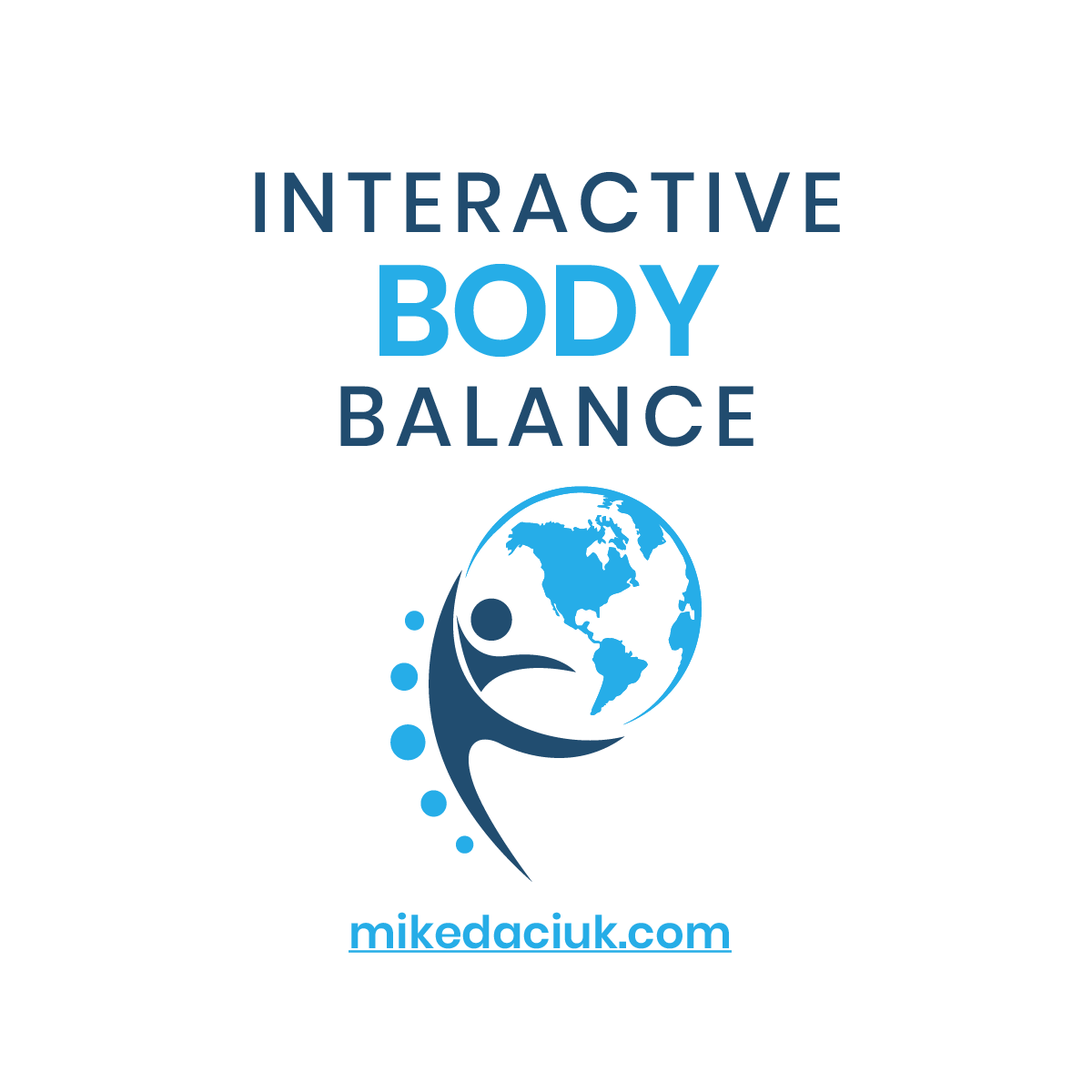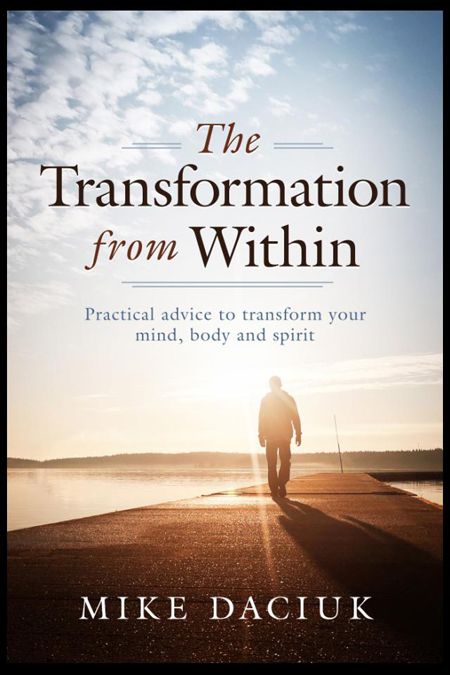There is not a day that goes by where I don’t receive an inquiry on how to sleep better. It is evident that many people suffer from sleep disorders and they are looking for ways to help them quantify their sleep and then techniques to resolve this. In working with hundreds of clients and patients, you start to see trends and patterns on why people cannot sleep efficiently. I will outline steps you should implement to improve your sleep and subsequently enhance your quality of life.
- Quantify and track your sleep. The best sleep quantifying device in the market (in my opinion and based on testing) is the Oura ring. The company is based in Finland and their piece of technology measures body temperature, resting heart rate, heart rate variability, respiratory rate (breaths per minute), REM sleep, Deep sleep, light sleep, latency, timing and much more. There have been numerous studies on the accuracy and quality of Oura’s data and it ranks as high as the sleep apnea machines you see in hospitals. Please see the link below.
You can enter code MikeD if you want to receive $50 USD off the retail price. Up to you as I am here to help.
` 2. Turn off and shut down all blue light devices (T.V’s, IPads, cell phones, etc.) two hours prior to bedtime. Blue light suppresses melatonin. Melatonin naturally rises in the evening as it is the sleep inducing hormone. The longer you stay on your devices, the longer it will take you to fall asleep.
3. We can do an entire book on this but your thoughts and subconscious programs will also keep you awake at night. You need to calm your mind and live in the present. Let go of the past and let the future unfold as it should . Too many people replay every event in their life and everyone that has done them wrong and they worry about how to pay them back or what will happen. I say to clients all the time, you need to stop playing out all the scenarios in your mind at night. For example, what if I do this? What if they do that? What will happen if I take the chance? What will happen if I don’t ? Folks, you need to educate yourself, work real hard and let everything fall into place. All you can control is the work and effort you put into a situation. Let your mind relax and there are techniques for this like meditation, prayer, mindfulness, etc.
4. Here are some foods that can help.
Warm chamomile tea, which is known for its calming properties. Certain foods are also known for their sleep-inducing effects. Cherries, for instance, are a natural source of the “sleep hormone” melatonin, and drinking tart cherry juice has been found to be beneficial in improving sleep duration and quality (Dr. Mercola). Alternatively, almonds and spinach are rich in magnesium, which is known for promoting sleep and relaxing muscles. Healthy fats can also stabilize blood sugar levels for most people.
There are also certain foods that can significantly interfere with your sleep. Anything with too much caffeine would certainly be among them, but so would spicy foods before bedtime, which are linked with more time spent awake during the night and taking longer to fall asleep (Dr. Mercola). In general, you want to avoid before-bed snacks, particularly grains and sugars. These will raise your blood sugar and delay sleep. Later, when blood sugar drops too low (hypoglycemia), you may wake up and be unable to fall back asleep.
5. Supplements.
- Passion Flower
- Kava kava
- Valerian Root
- Magnesium
- Lavender or Frankincense essential oils
6. The quality of sleep also depends on your body temperature and the temperature of the room. Try and keep your room around 20 degrees celsius or 68 degrees fahrenheit. In looking at month’s of data from my Oura ring, I have found that when my body temperature is a little lower, I get the more restorative and important deep sleep. Science and technology at its best.
There are so many more tips I could provide so please feel free to e-mail me at [email protected].
I have also included a section from my book below on sleep. Enjoy team.
Mike
Physiological
Sleep is an integral part of your 24 hour day and synergistically works with your circadian rhythm.
Your body produces higher amounts of the stress hormone cortisol in the morning to get you up and
ready to face your day. As the day moves along, you produce less cortisol and there is very little left
around 10 p.m. at night. The antagonistic part of cortisol is melatonin in the sense that it increases later
in the day and closer to 10 p.m. when you are getting ready to go to sleep. Melatonin is primarily
produced in the gut and it will assist with helping you sleep. This process is also known as your circadian
rhythm or circadian clock. You wake up when the sun rises and your body starts to prepare for sleep
when the sun is going down. It does not like to be disrupted as evidenced when you travel overseas and
experience jet lag. That is why I recommend you take your shoes off and let your feet touch the earth
when you travel. This grounding technique is excellent for resetting your circadian clock.
To understand what the body and mind are doing while you sleep is very important. There are two
main types of sleep and they are Non Rapid Eye Movement (NREM) and Rapid Eye Movement (REM).
Think of NREM Sleep as your body physiologically repairing itself. This is where your breathing slows
down, your heart rate slows down and your blood pressure drops. It is a time of repair and there are
four stages of NREM sleep. Stage 1 is where you feel drowsy and brain waves start to slow down. Stage
2 is characterized by light sleep, a drop in heart rate as well as body temperature. Stages 3 and 4 are
what we call deep sleep and this is where you have delta brain waves. Everything is very low and resting
and the body does not want to be disturbed during this time. It is the kind of sleep we can all hope for.
The other main type of sleep is REM and this is where your brain waves are fast, limb muscles become
paralyzed, heart rate and BP increase and you will dream a great deal. Think of this stage as your body
physically repairing itself while your muscles and limbs rest. Over the course of an eight hour sleep,
your body will move back and forth between NREM and REM sleep. There will be 60 or 90 minute
periods of REM sleep augmented by the same duration of NREM. The amount of time in each also
varies as you get older in life. Sleep is also very important at repairing biochemical processes,
regulating and nourishing hormones, and ensuring the body is ready for the next day. The take away is
that your body goes through periods of physiological and physical repair throughout the night.
How Can a Lack of Sleep Harm You?
People don’t seem to care until it affects their health. They will talk about it in passing or mention
how they only had two hours the night before but everything gets serious when they get a poor medical
report. Lack of sleep can really impact your health in numerous ways. The first point is that it hurts your
immune system. Cytokines are chemicals our immune system uses to help fight an infection and are
also powerful sleep-inducers. Lack of sleep reduces prominence of cytokines. The second way in which
a lack of sleep affects your body is by hurting your hormones. Sleep is the time when the body releases
hormones that affect development, energy control, metabolic control and the endocrine system. As you
start to wake up, cortisol is released and is highest around 6 a.m. in the morning. It is high so you have
the energy to face your day. Growth hormone, follicle stimulating hormone (FSH) and luteinizing
hormone (LH), are also utilized while you sleep and they are important for reproduction. I see it all the
time in my practice for clients with fertility issues.
The third way in which a lack of sleep affects your body is through the interference with your leptin
receptor. Leptin tells you when you are full and if this hormone has been adversely impacted, then this
can lead to diabetes and obesity. Lack of sleep also contributes to impaired judgement and slower
reaction times. Your nervous system is not firing as it should and your motor skills are affected by this.
As you can see, there are many reason why you need to get a solid eight hours of sleep. Your mood,
energy levels and overall vitality depend on quality sleep. Don’t cut corners and ensure you balance out
your 24 hour day with a strong circadian rhythm.



